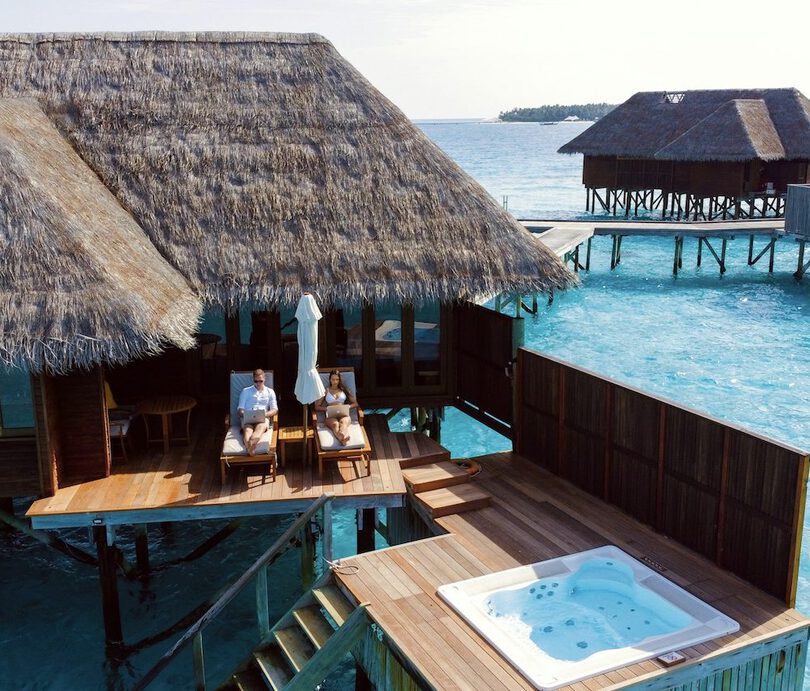
In the ever-evolving world of luxury travel, personalization has become the key to exceptional experiences. Today's affluent travelers no longer just seek opulence; they want bespoke adventures that align with their individual preferences and desires. As this trend gains momentum, the travel industry is responding by offering hyperpersonalised services that redefine luxury.
The demand for personalized journeys in luxury travel is stronger than ever. A recent survey revealed that many high-end travelers are investing heavily in privacy and exclusivity, opting for longer vacations, private jets, secluded islands, and personalized guides. Luxury now means experiences that perfectly cater to their unique interests and values.
Exclusive transport options are highly sought after by those who consider the journey as important as the destination. Superyachts, offering unparalleled privacy and customization, epitomize luxury travel. The global yacht charter market is predicted to experience a significant growth rate, driven by new and upgraded ports catering to superyachts worldwide. Luxury trains and cruises are also favored by affluent travelers, providing unique and immersive travel experiences.
Wellness-focused travel is another booming trend in luxury tourism. Luxury travelers are increasingly prioritizing their physical and emotional well-being. They are willing to spend more on travel that enhances their health and pay extra for wellness activities. Yoga retreats, spa treatments, personalized culinary experiences, and wellness-focused designs have become staples at luxury destinations.
A segment of luxury travelers seeks extreme adventures combined with cultural immersion. Luxury resorts now offer thrilling activities such as shark cage diving, dog sledding, iconic trail treks, caving, rock climbing, and on-foot safaris. These experiences are complemented by five-star accommodations, gourmet dining, and spa treatments, providing the perfect blend of adventure and luxury.
Experiential and immersive tourism is particularly popular among millennials, who prioritize direct, authentic cultural interactions. This trend has grown during the COVID-19 pandemic and has led to an increase in personalized tours focused on ancestry, culinary arts, music, gardens, history, and art.
Hyperpersonalisation presents significant strategic advantages for luxury travel and hospitality brands. By targeting specific interest-driven subsets of the luxury market, brands can cultivate lasting relationships with customers and enhance brand loyalty. As luxury travelers seek more personalized experiences, strategic financial planning can ensure they can enjoy these bespoke adventures without compromising their financial goals.
In conclusion, the future of luxury travel lies in hyperpersonalisation. As travelers increasingly seek personalized and meaningful experiences, the industry must continue to innovate and adapt. Exclusive transport options, wellness-focused itineraries, extreme adventures, and immersive cultural experiences are just the beginning. These bespoke offerings not only meet the high expectations of luxury travelers but also help brands differentiate themselves in a competitive market.



















